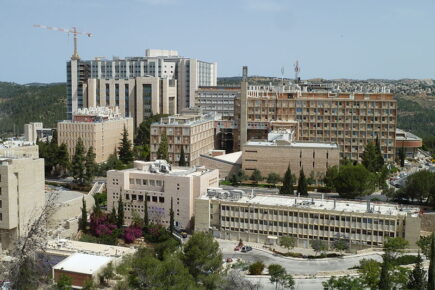
Tracy Wilkinson


As Israel Forms Right-Wing Coalition, LA Times Corrects on Threats to Gays, Non-Orthodox Jews

LA Times Accuses Israeli Government Of Involvement in Shireen Abu Akleh’s Killing

Hamas’ ‘Civilian’ Office, ‘Several Hundred’ Palestinians Facing Eviction & Other LA Times Gaffes

LA Times Fails To Correct After Reporting Saeb Erekat Was Treated ‘Near Tel Aviv’

In Face of Israel’s Normalization With Gulf States, Los Angeles Times Stuck on Autopilot

LA Times Misleads on US Policy, International Law and Jerusalem, Golan
Los Angeles Times Corrects: Jerusalem Is Israel’s Capital
 For the second time, CAMERA prompts correction of a Los Angeles Times article which wrongly cited Tel Aviv as shorthand for Israel's capital.
For the second time, CAMERA prompts correction of a Los Angeles Times article which wrongly cited Tel Aviv as shorthand for Israel's capital. UPDATED: Journalists Veer Off ‘Road Map,’ Crash Into Cease-Fire
It seems that some members of the media are having a tough time differentiating the terms of the American brokered "road map" from Palestinian unilateral demands on Israel. Namely, while Palestinians have conditioned their cease-fire on the release of thousands of Palestinian prisoners from Israeli prisons (among other demands), the "road map" plan, drawn up by the United States, European Union, Russia, and the United Nations, has nothing at all to say about Palestinian prisoners.
Road Rights (And Wrongs)
On Dec. 24, 2002, then Los Angeles Times Jerusalem bureau chief Tracy Wilkinson repeated a common error among journalists reporting from Israel and the Palestinian areas. The inaccuracy dragged CAMERA and Times editors down a long road of correspondences, which did not, unfortunately, lead to a published correction. The saga says something about the Times' unwillingness in the face of evidence to set the record straight.
- 1
- 2
